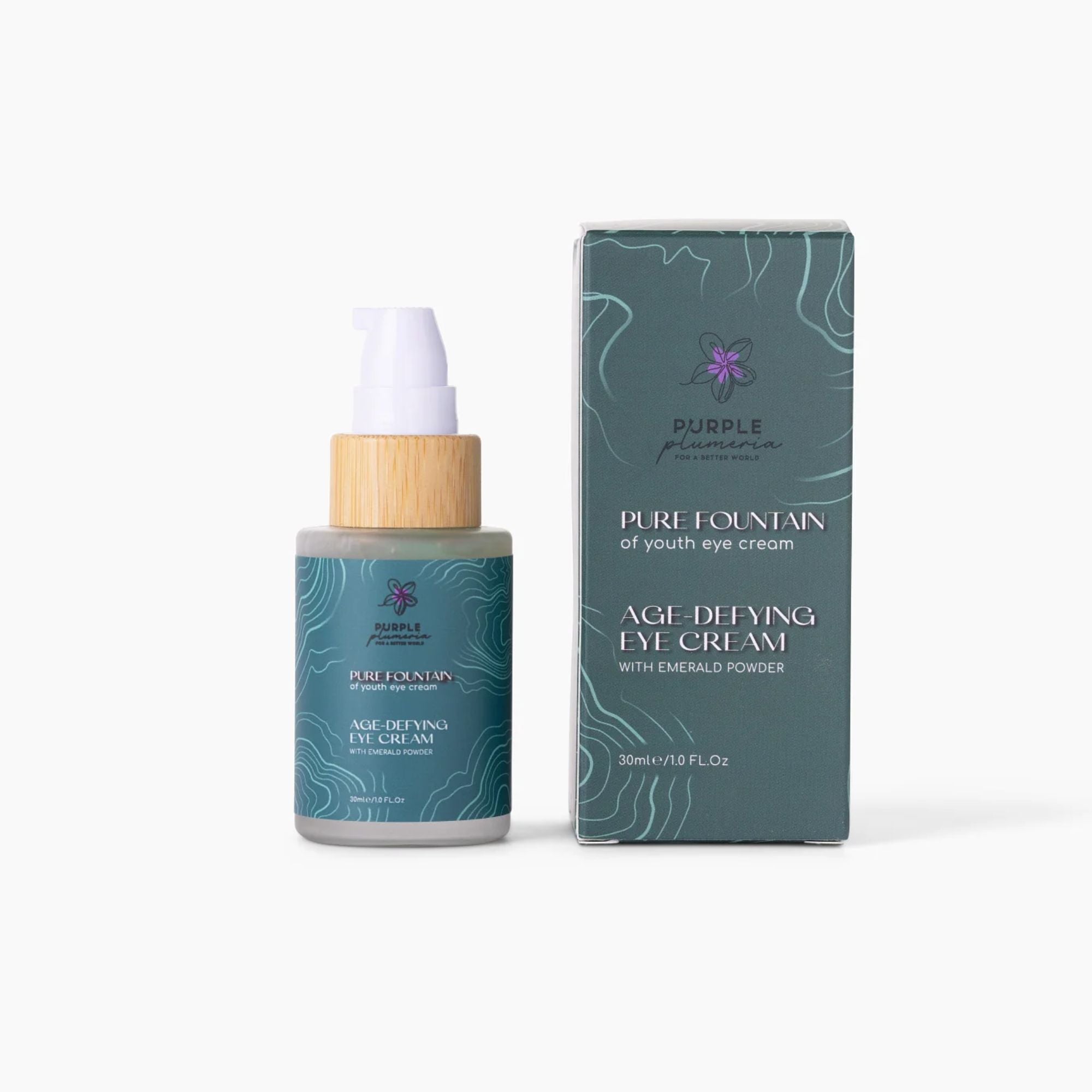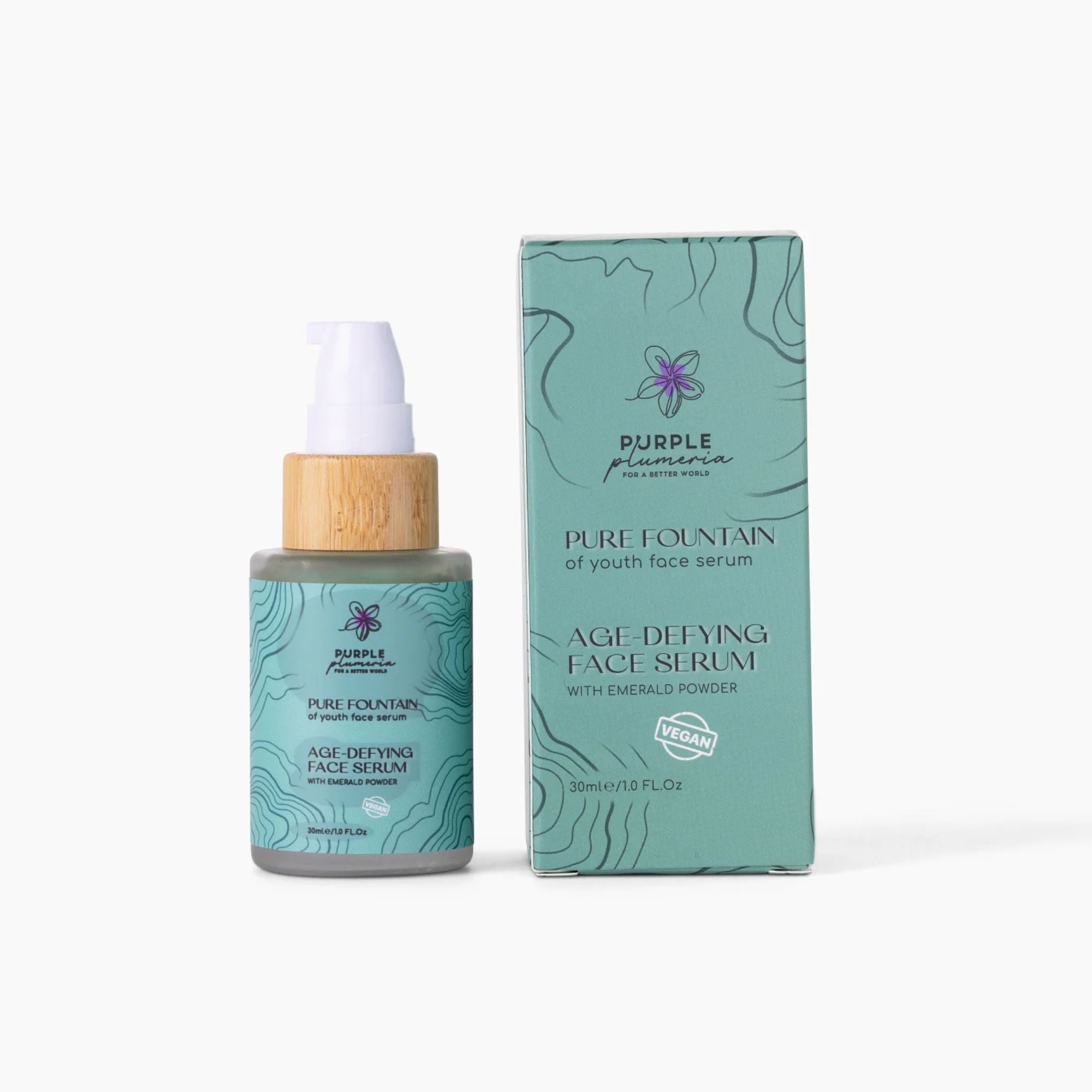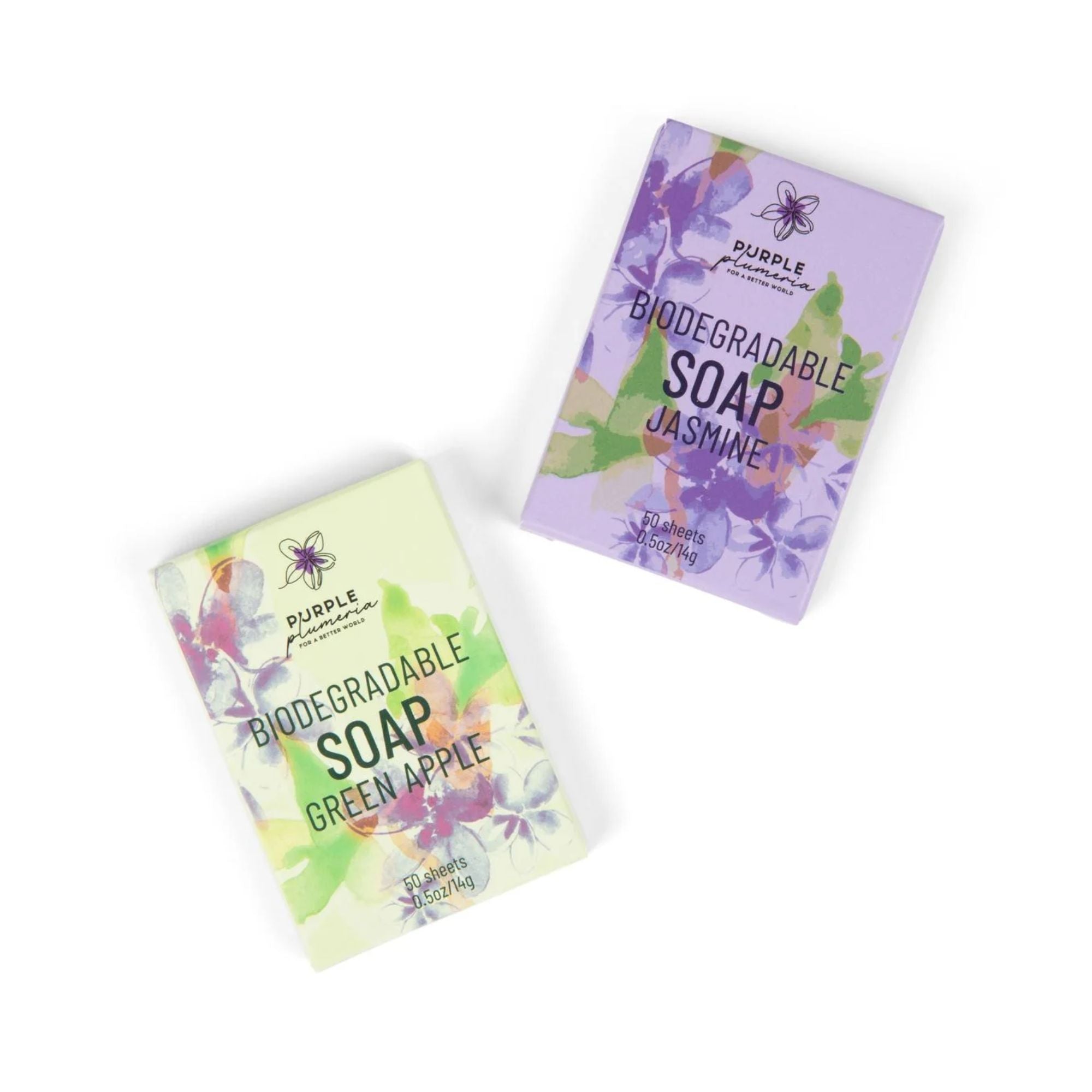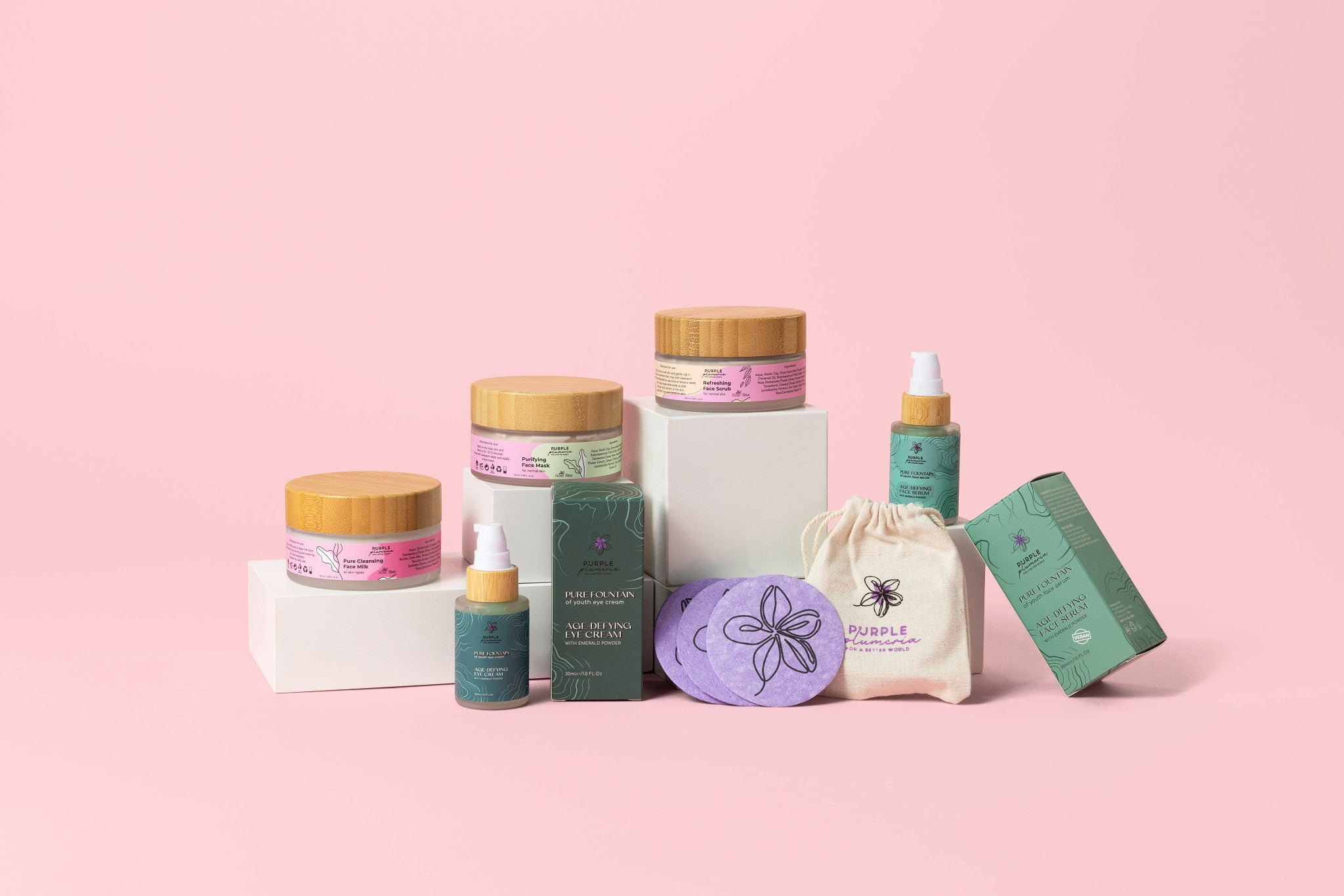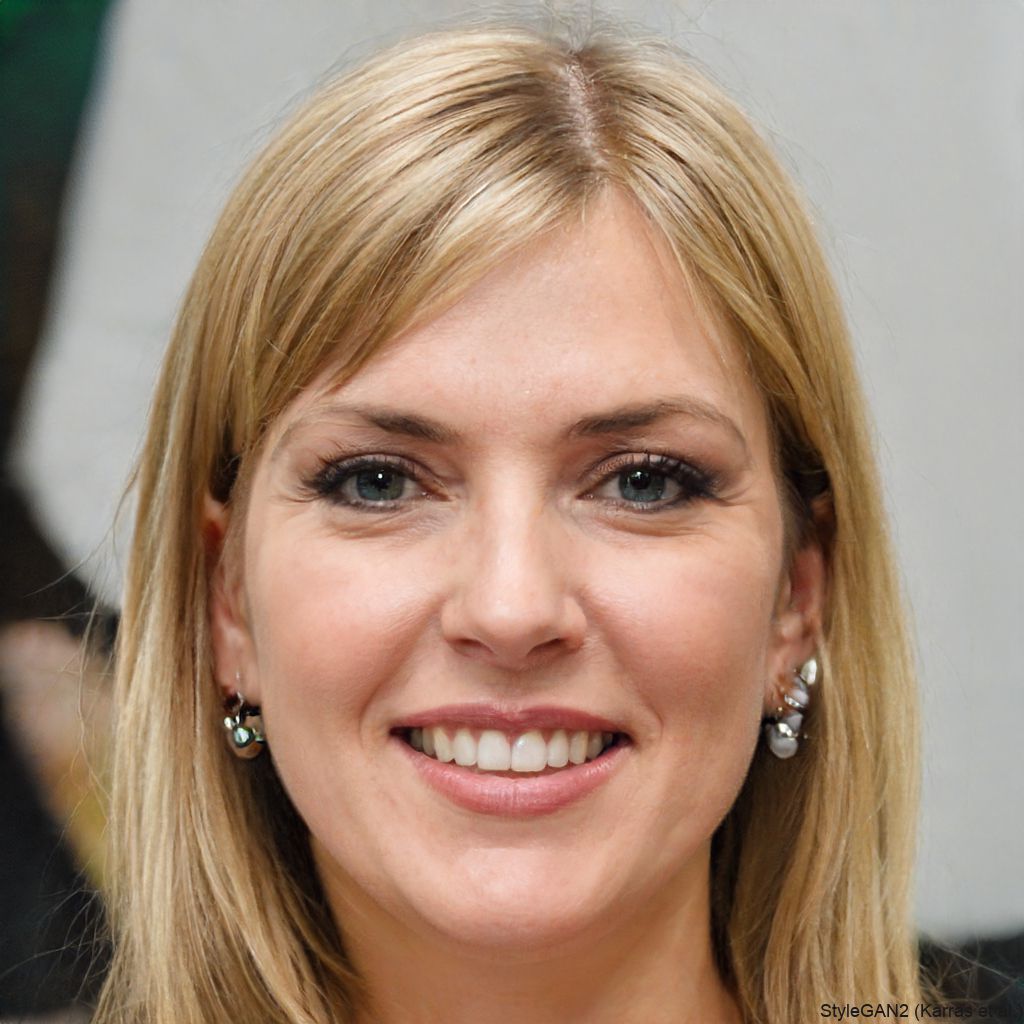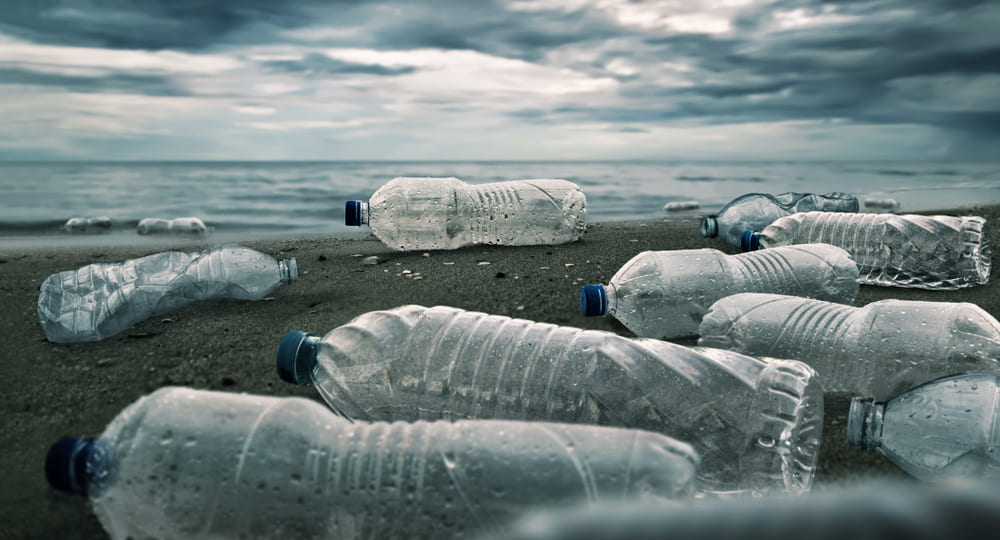And What Should You Use Instead?
Globally, manufacturers have produced 8.3 billion metric tons of plastic over the past 70 years. Rather than stopping production, however, it is only ramping up. Factories produced a full half of those plastics in the past fifteen years alone!
Unfortunately, many of those plastics turn into single use products, which most people discard after one use. Though they make our lives convenient, they can lead to long-term negative impacts on the environment and our health. Why are single use plastics so bad?
We’ve created this guide to break things down for you and provide greener, Earth-friendly alternatives.
What Are Single Use Plastics?
Most single use plastics began their life as petrochemicals, derived from fossil fuels. It can take these substances between 50 and 1,000 years to decompose. That may not seem like such a long time, but when you consider how many plastics we use, it adds up. Humans discard 100 billion single use plastic bags annually (the equivalent to 12 million barrels of oil)!
Here are a few examples of single use plastics that most of us use every day:
- Plastic bags
- Take-out containers
- Plastic plates and cutlery
- Food packets and wrappers
- Plastic bottles (especially water bottles)
- Plastic drinking straws
- To-go beverage cups and lids
While some single use plastics are vital (such as sterile gloves used in healthcare settings), most are unnecessary. We discard most wrappers and single use bags within minutes of use.
That means the water bottle you sipped from for an hour might end up in a landfill for hundreds of years. We suggest looking into sustainable, compostable alternatives.
What Else Makes Single Use Plastics Bad?
Single use plastics contribute to a culture of waste that is transforming our ecosystems, production practices, and even human health. Here are a few specific reasons why plastic is a problem for our planet, bodies, and lifestyles.
Single Use Plastics Hurt Our Bodies (And Our Oceans)
Plastic packaging contains more than just fossil fuels, which are bad enough! Most also contain chemical additives associated with adverse health effects. Regular exposure to these chemicals can cause immune suppression and cancers, as well as harm unborn babies.
Many of these concerns apply to animals, too, especially aquatic life. For example, have you heard of Prochlorococcus, one of the most critical microorganisms on the planet? These microscopic helpers provide a tenth of the oxygen on planet Earth. Certain plastics impede their growth and production of oxygen.
Microplastics Are Everywhere
Instead of degrading, most single use plastics break down into smaller and smaller particles, which have to go somewhere. As a result, most of it finds its way into our oceans and water sources. Our sea life can’t avoid consuming these substances.
Not only does this harm ecosystems, but it means more and more plastic has begun entering the human food chain. We’re already seeing negative impacts on sea life. Plastic is absorbent and introduces many new toxins into aquatic environments, causing permanent genetic damage. Scientists are concerned that humans may be next.
It’s Not Too Late to Make a Change
If you want to use fewer single use plastics, consider switching to sustainable, compostable products. Our compostable zip-lock bags are fully biodegradable, and you can compost them right in your own home. They won't leave behind any microplastics or residue that can harm our oceans, bodies, or futures.
It’s never too late to make a sustainable change and improve our future. Check Out Our Compostable Bags Today!
